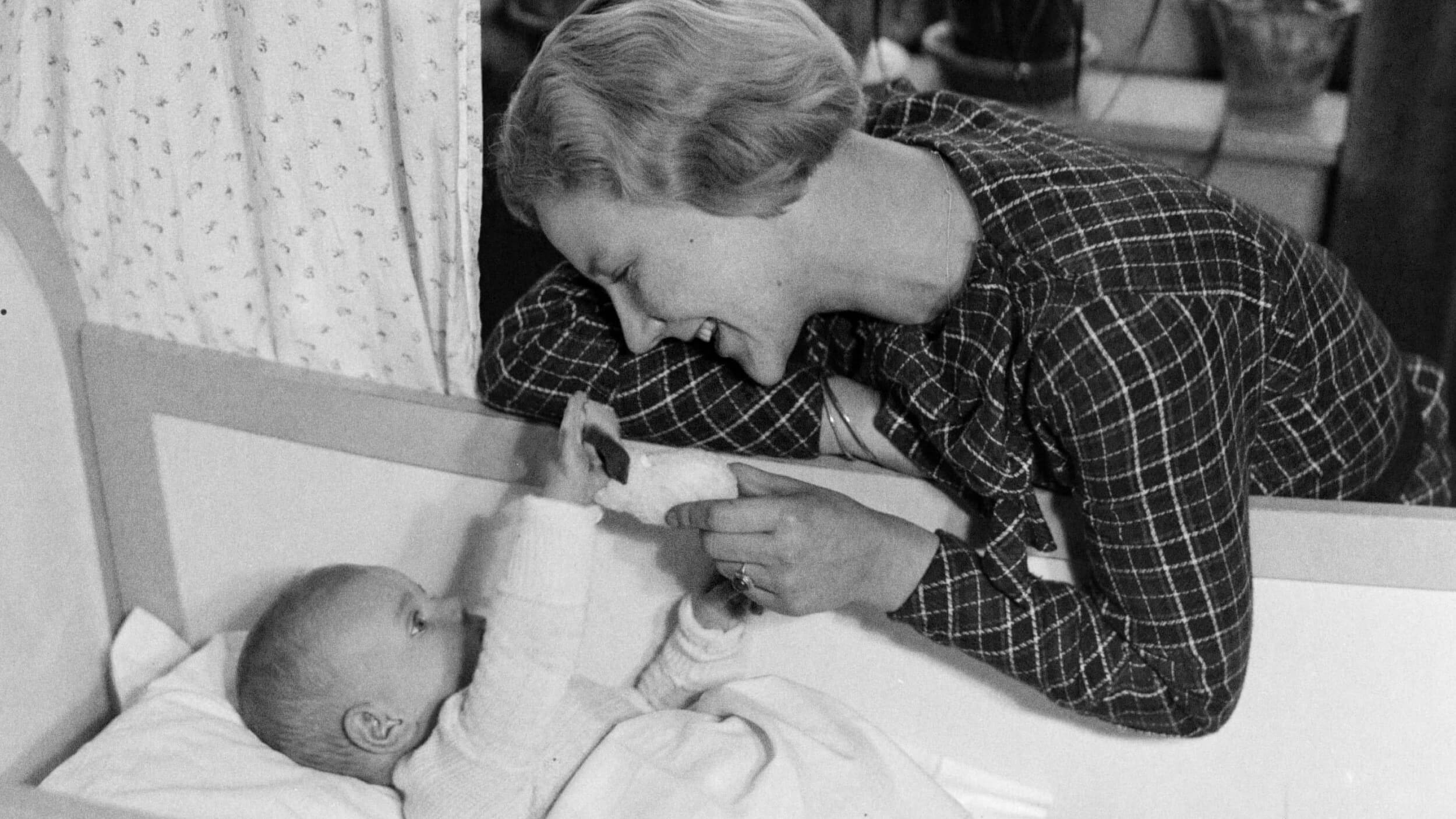Wise Leadership Isn’t a Gender Issue

What’s the Big Idea?
Women in prominent leadership positions frequently get asked about gendered differences in leadership style. Are women more collaborative? Is an aggressive negotiating style a more “naturally” masculine trait? Susan Schwab, who negotiated complex, high-stakes international trade agreements during the Bush administration as deputy US trade representative, says that experience is far more determinative of leadership style than gender.
Possibly, maybe, for what it’s worth, Schwab says, men tend to escalate negotiations more hastily toward a zero-sum situation, while women tend to prefer win-win outcomes. It doesn’t really matter. What matters is that a negotiation style in which each party fully understands the other’s goals and limits, and seeks a mutually agreeable outcome (with the maximum benefit for her own side), is more likely to yield positive results than a Mexican standoff or a brawl.
Even good faith negotiations can break down, and when they do, says Schwab, there’s an art to knowing when and how to walk away. Knowing when is a matter of recognizing your own limits of compromise – the boundaries beyond which the deal is more harmful than beneficial to your cause. Knowing how is easier: don’t burn your bridges. No matter how tense and difficult negotiations get, it’s better to walk away with mutual disappointment and the possibility of returning to the table later than to let things devolve into drama and recrimination.
Former US Deputy Trade Representative Susan Schwab on one of the tensest, most high-stakes negotiations of her life, and how she walked away gracefully when the deal broke down.
What’s the Significance?
One of the most valuable reasons to move the conversation away from gendered differences in leadership style, is that it obscures the real question of what works best, when.
In politics, perception often rules the day, and Americans tend not to like their leaders “wishy-washy.” This leads to all kinds of trouble, as demonstrating the kind of “backbone” that keeps you in office can easily translate into making stupid – yet definitive – decisions. There’s a good chance that our lingering love of certainty (well-informed or otherwise) is a hangover from old, gendered notions of what’s “manly” and what isn’t, which continue to be reinforced in our most successful action movies; these haven’t evolved much beyond John Wayne Westerns in terms of the basic notions of what constitutes strength and weakness. Strength is beating people up. Weakness is getting beaten (or not fighting at all).
Yet a sober analysis makes plain the fact that successful leadership means arriving at the best possible outcomes in the long-term, which often involves a subtler and less martial approach. Whether women, or men, or both invented it – empathy, even in adversarial relationships, is invariably the wisest approach.
Follow Jason Gots (@jgots) on Twitter
Image credit: Shutterstock.com





